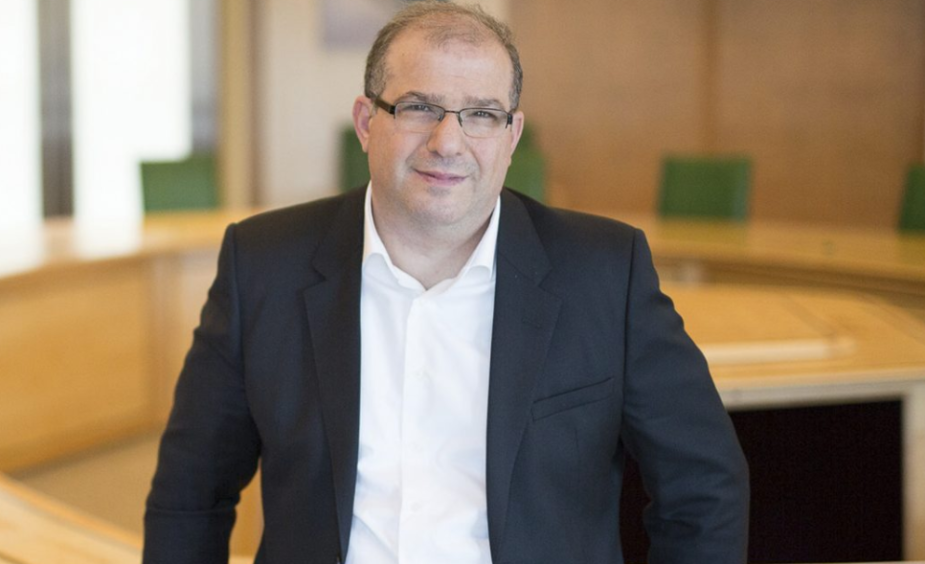
As Chair of the International Association of Oil & Gas Producers, I have had the privilege to work with some of our industry’s brightest minds, on some remarkable projects and be reminded of the hugely positive role our sector can play.
We know that our sector drives economic growth, human development and societal progress. But we also know that societies around the word are changing fast – we can see that everywhere we look. And while I am confident that oil and gas producers can have a promising future, I am increasingly convinced that we also have to change. The same is true for our trade associations. Many of us are already in action but we need to do more. So I wanted to share our learnings and discuss some areas that our industry might consider over the coming months and years.
First, I believe associations could improve their decision-making processes. This is partly about getting to conclusions faster because, in too many cases, it takes too long. And when we delay coming to a particular position, the wider conversation has often moved on and we miss our chance to influence the debate. To speed up that process, members could delegate more authority to their trade groups, empowering the leadership teams. Of course, associations must always put their members’ interests first. But they must also serve those members by taking the industry forward. That means we cannot always seek consensus, which not only takes too long but also has a tendency to arrive at the lowest common denominator. We would be better served by associations that are able to move swiftly, decisively and take action that will drive the industry into the future.
Second, we need to reduce the duplication of work we do. Too often, multiple associations are working on the same things. The energy industry is not alone in this regard – there has been a proliferation of trade bodies across different sectors. One study suggests that in the US alone, there are 66,000 entities registered as trade and professional bodies. And most IOGP members are also represented by several other industry groups – sometimes working on very similar agendas.
There must be better ways for us to work together. In some cases, that will mean closer collaboration, through more efficient communication and coordination, leveraging each other’s efforts. But there is also a conversation to be had about consolidation among industry groups. We should ask whether our members’ interests could be better served by fewer, better connected associations.
That leads to my third point: the need to modernise how we work. That means embracing digital and optimising how associations interact with each other. Digital is transforming our industry – from how we find and produce energy, to how we maximise efficiency to how we communicate and engage. It should also transform our trade associations – and we must continue to update and modernise our practices. Our digital interfaces are our members’ first port of call. So we must do everything we can to make them easy to use and responsive to members’ needs. In the same way, I am sure we can do more to modernize governance and voting procedures. Many associations already have governance taskforces that look at procedural issues. If these were extended to also look into efficiency, those committees could find ways to improve the way we work.
At a time of low oil prices, oil and gas producers are having to ruthlessly prioritise what they do. The same is true for associations. This is not necessarily about investing in our associations less, but more about ensuring what we do adds value. Indeed, at times we may need to invest more to have the impact we desire.
Finally, associations could do more to align their strategic objectives with what societies around the world are calling for. To my mind that means developing purposes that inspire and engage our people – reminding them why we all come to work and that what we do matters to the world. We must focus on actively advancing the energy transition so that our associations and their member organisations keep in step with the societies we operate in.
As always, there is plenty for our industry to be getting on with. All the while, trade associations continue to work tirelessly to promote their members’ interests. But just as many oil and gas producers are doing, there is scope for trade groups to evolve. At the IOGP, we are actively thinking about what we can do in that regard and we are launching a long-term strategy review. Through the prism of the energy transition and current industry challenges, we will look at the future role of industry organisations, how IOGP works with peers, and the relative strengths of IOGP as well as the role we can play going forward.
I hope we can continue the conversation about the role trade associations can play in guiding our industry through the energy transition. Like in almost all the challenges facing oil and gas producers, we stand a much greater chance of succeeding if we collaborate, share ideas and find solutions together.
Recommended for you
